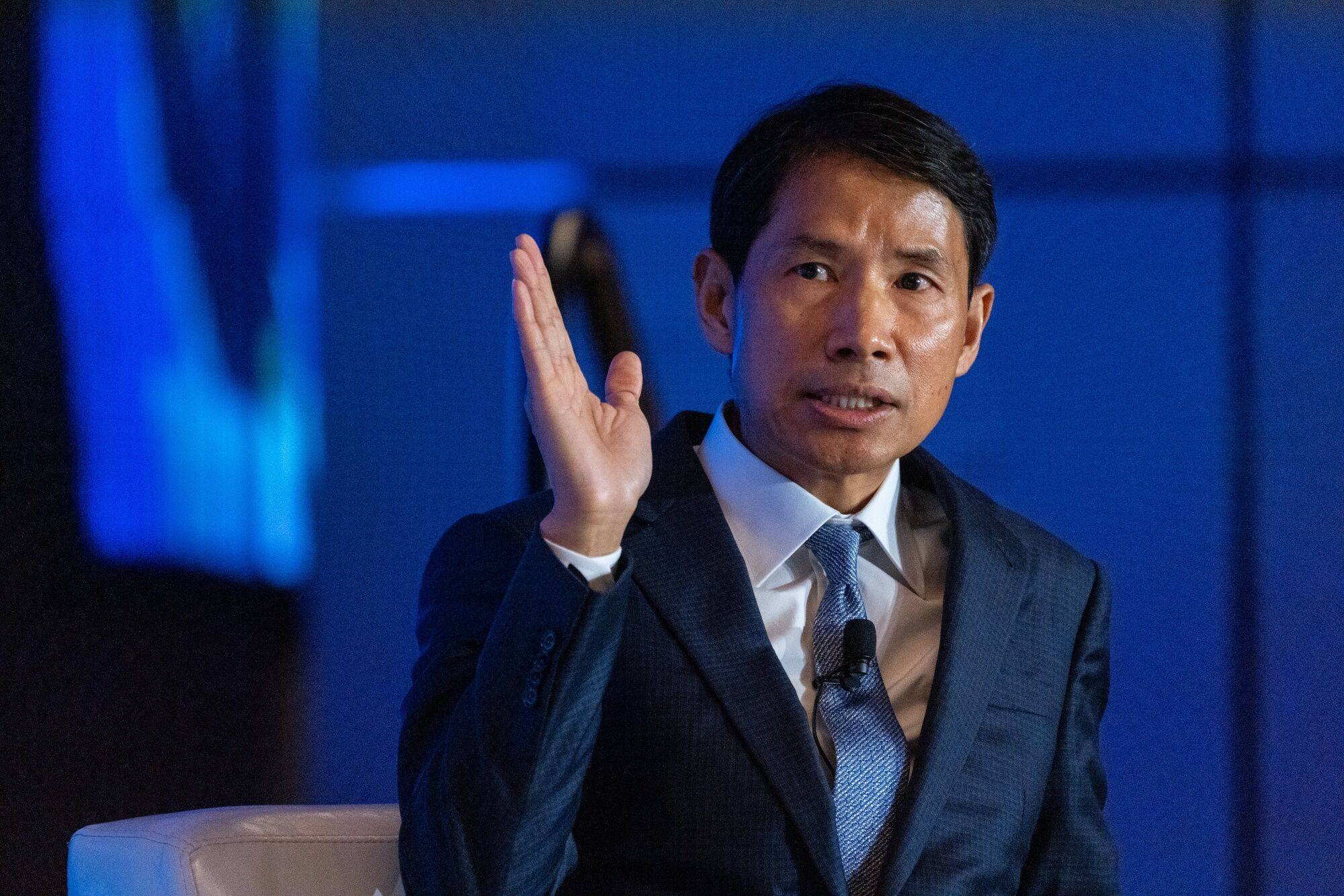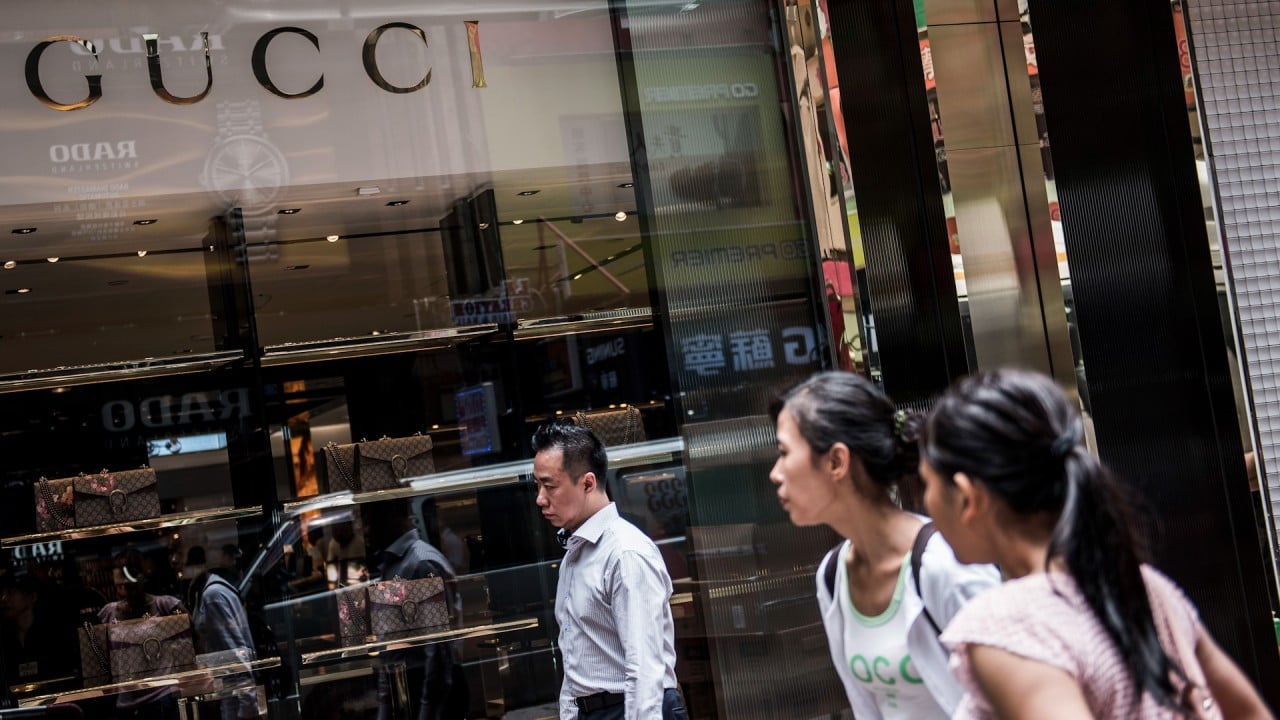The rise of the middle class in China is a “big tidal wave” that global investors have not fully recognised, and it is only a matter of time before the currently depressed market stages a rebound, according to the head of private-equity firm Primavera Capital.
The healthy parts of the world’s second-largest economy, such as consumer spending, services and technology and innovation, are still growing steadily despite the property downturn, Fred Hu, Primavera’s founder and CEO, said in an interview with the Post in Hong Kong.
“China is still very attractive and represents one of the largest – if not the largest – investment opportunities around the world,” said the former Goldman Sachs chairman for Greater China. Global investors have failed to fully grasp the magnitude of the opportunity the rise of China’s middle class represents in terms of spending, GDP [gross domestic product] growth, real wealth creation and superior returns to investors, he added.
Home to the world’s largest consumer market after the US, China is set to boost the stature of more home-grown brands as they cater to middle-class demand, he said. Meanwhile, multinational corporations active in China may want to reconfigure their presence amid geopolitical concerns, creating new investment opportunities, Hu added.

Healthcare is one strong emerging industry, as more Chinese join the middle class, he said.
“For [the Chinese] middle class, you have a house, you have a car, you have an iPhone or Huawei,” Hu said. “So of course you will just spend more on health and longevity. It’s a big opportunity, whether it’s in pharmaceuticals, medical devices, healthcare services, hospitals or clinics.”
Global private-equity and venture-capital investors have been shying away amid concerns about China’s economic outlook and rising government scrutiny in the US. Total investment in mainland China sank to US$68.8 billion last year from a peak of US$133.3 billion in 2021, while the number of deals decreased for the second consecutive year, according to S&P Global Market Intelligence data.
Some concerns are warranted, and risks are still prevalent in the China market, Hu said. The exit environment “has not been ideal, to put it mildly”, as IPO (initial public offering) markets in both mainland China and Hong Kong have been sluggish amid regulatory curbs and low valuations. Meanwhile, the property downturn and policy uncertainty also continue to weigh on confidence, he said.
Beijing issues unprecedented guidelines mapping out future of stock market
Beijing issues unprecedented guidelines mapping out future of stock market
Still, there are incremental signs of Chinese economic recovery that should boost investor sentiment, Hu said. There is a long queue of companies, probably the longest in the world, waiting for the right conditions to proceed with IPOs. Better market conditions, such as US interest rate cuts and more signs of China’s economic revival, will spark the IPO market and facilitate exits.
Meanwhile, policymakers in Beijing are also making efforts to correct missteps and rebuild confidence.
“When people are convinced they are real, not just lip service, people will jump back in big time,” Hu said. “China is dirt cheap: Hang Seng, Shanghai, Shenzhen indexes. Yes, it still has a lot of risk factors, but if we adjust with share price or valuation, China is no longer so bad … It’s hard to go even cheaper. It’s only a matter of when it is going to have a rebound.”
